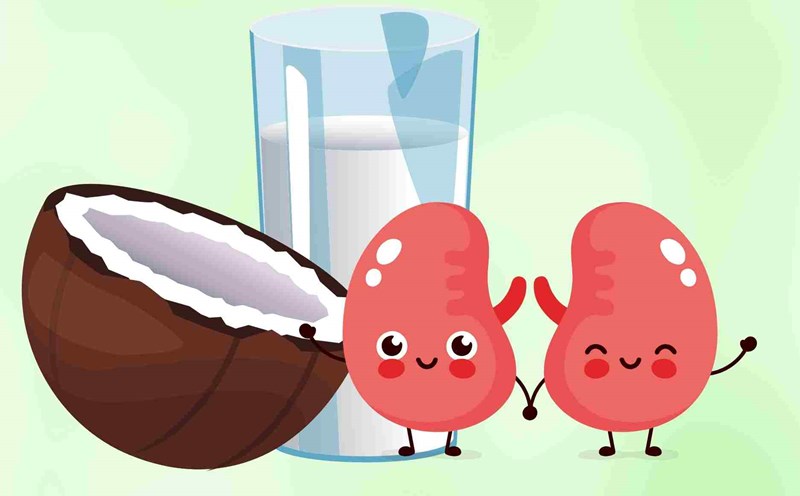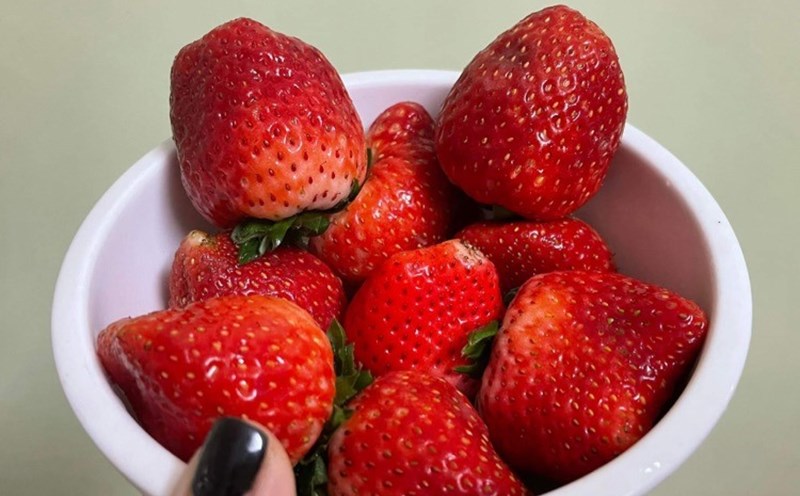Every month, a woman's body goes through 4 main stages: menstruation, follication, ovulation and monopoly. Each stage involves obvious hormonal changes, affecting both the physical and mental health.
According to gynecologist Sonu Taxak (CK Birla Hospital, India), a "synchronized" diet with the menstrual cycle will help women better control symptoms such as abdominal pain, bloating, fatigue and mood swings.
Menstrual period (May 1-5): Iron, water, and anti-inflammatory substances
This is when the uterus peels off the lining, causing bleeding, which means blood loss and iron loss. estrogen and progesterone levels are both low, making many people feel lethargic and lifeless.
Eating iron-rich foods like spinach, lentils, red meat and dates can help compensate for iron loss and reduce fatigue, recommends Dr Taxak.
In addition, drinking plenty of water, herbal tea or coconut water will help reduce bloating. Spices such as ginger and turmeric are also recommended for their natural anti-inflammatory properties, which help relieve menstrual cramps.
Egg follicle phase (6-14): Eat to increase energy and regenerate
Estrogen begins to increase, promoting the growth of follicles and thickening the uterine lining. This is the period when women often feel alert and motivated.
Priority should be given to complex carbs ( stewed, sweet potatoes, whole grains), lean protein (chicken, tofu, eggs), and healthy fats rich in Omega-3 from chia seeds, flax seeds, walnuts.
A diet rich in protein and omega-3 not only supports the development of follicular disease but also helps balance female sex hormones, says Dr. Taxak.
Ovulation (around the 14th day): Increases nutrients for reproductive health
When the eggs hatch, estrogen is at its peak. Although it only lasts 1-2 days, this is the period when you feel the most healthy and attractive.
Key nutrients are antioxidants such as berries, green leafy vegetables; along with zinc and selenium (in pumpkin seeds, oysters, Brazil nuts), supporting egg health and reproductive function. Vitamin E from sunflower seeds, almonds, and avocados are also essential for stable hormonal activity.
coronary period (after ovulation to before menstruation): Reduces premenstrual syndrome
After ovulation, progesterone increases, preparing for pregnancy. If fertilization is not done, hormones drop rapidly, leading to PMS symptoms (pre-menstrual syndrome) such as cravings, frustration and fatigue.
Magium-rich foods like bananas, green vegetables, and dark chocolate can help improve mood and sleep, Dr. Taxak advises.
In addition, vitamin B6 (in salmon, chickpeas, songflower seeds) helps regulate mood, while fiber aids digestion and reduces bloating.
The menstrual cycle is not only a matter of hormones, but also a health map if you know how to "coordinate" nutrition with each stage. Just make a small change in your food choices, you can feel a big difference in your physical and mental health throughout the month, emphasizes Dr. Sonu Taxak.
If you have problems with hormonal disorders or irregular cycles, consult a nutritionist or endocrinologist to design a suitable diet. Because cycle care is the core biological care of women.











